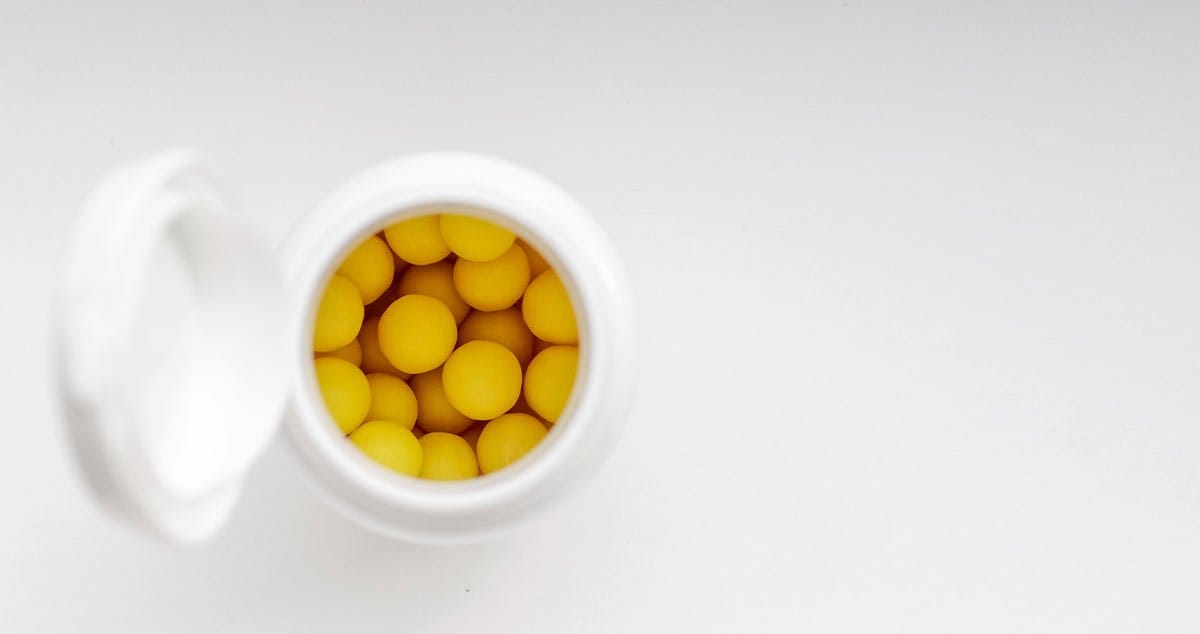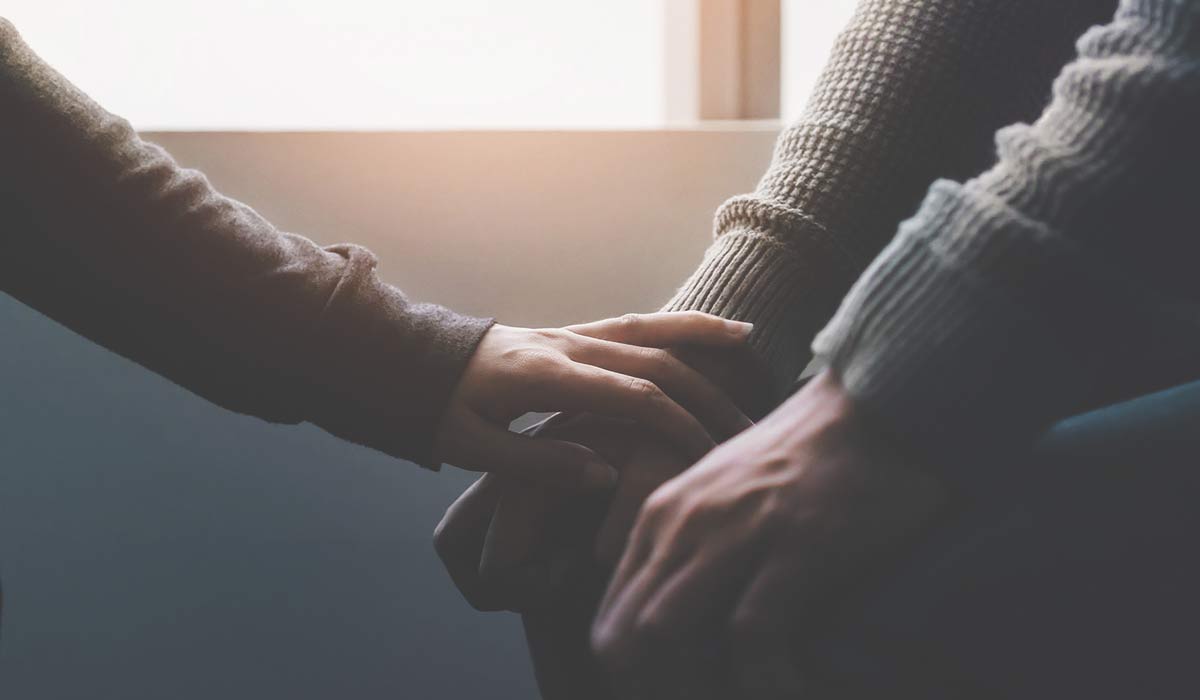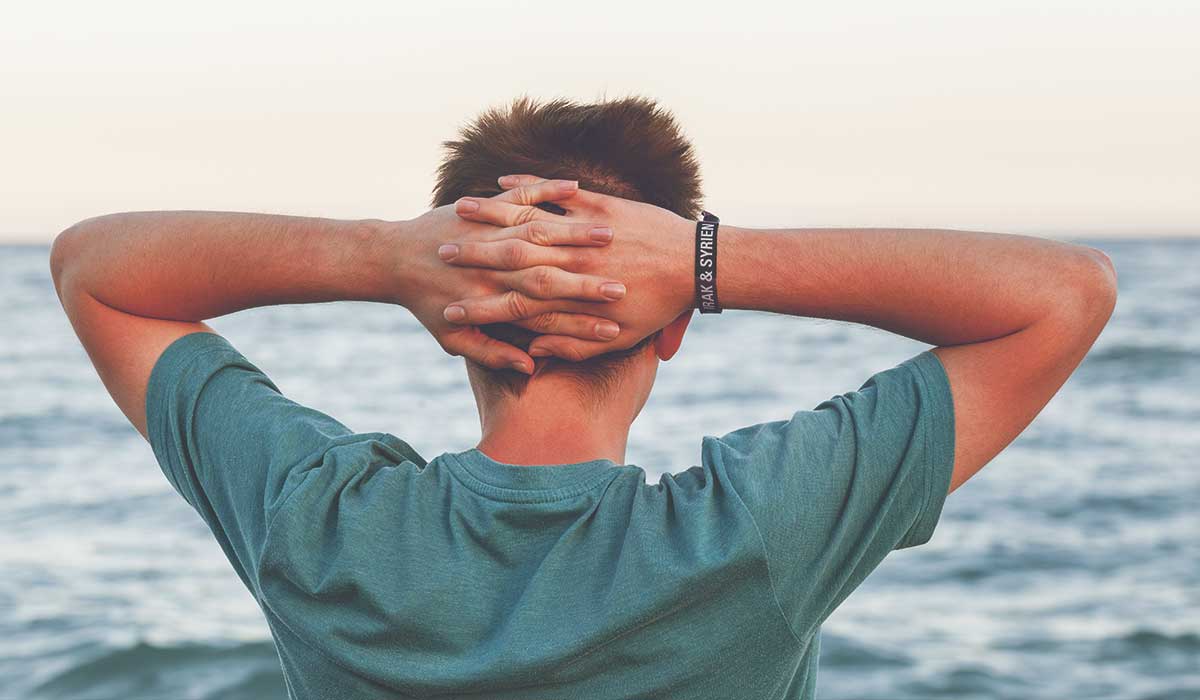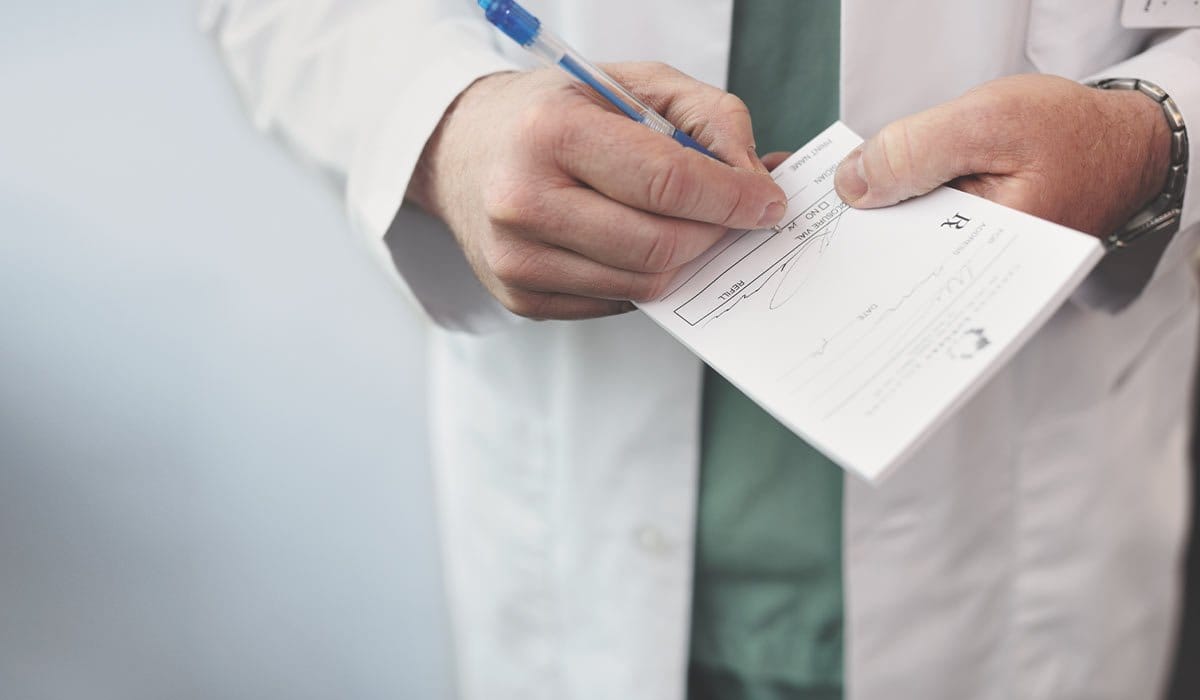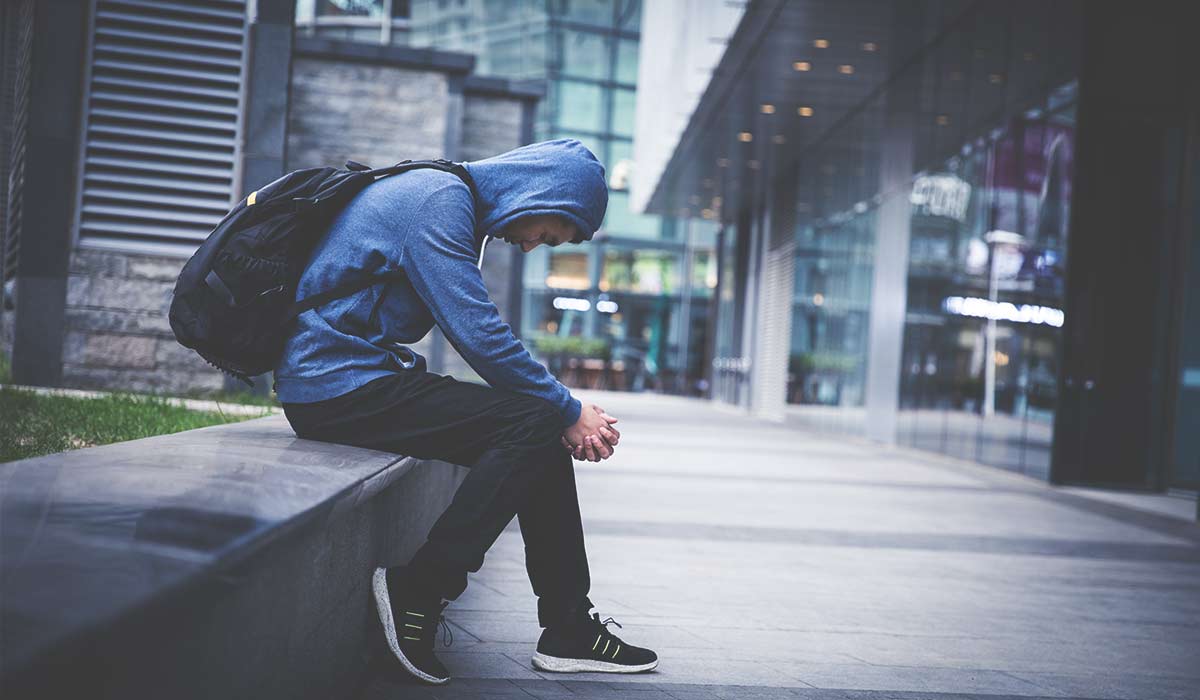If you or a loved one has struggled with alcoholism, then undoubtedly you have had some experience with alcohol cravings. When someone is addicted to a drug like alcohol, the chances are that they’ll experience a very strong desire for that substance when they don’t have any. Learning to manage these cravings is one of the most critical aspects of recovery. Giving in to these cravings, or relapsing, can send someone straight back into the spiral of addiction, and it’s important to develop a set of tools to prepare you for the inevitable cravings.
What are alcohol cravings?
If you’re hoping to learn how to manage cravings for alcohol, then you need to understand a bit about what these cravings are and why they happen. If you drink for an extended period, then you’re going to cause the brain to go through some fairly significant changes. Among the most significant changes that are experienced by alcoholics are neurotransmitter changes. Neurotransmitters are specialized compounds that your brain and nervous system use to transmit messages throughout various neurotransmitter systems. These systems are involved in a vast variety of mental and physical bodily functions, and it’s important to have a healthy, regulated level of neurotransmitters to ensure that you can live in optimal health. Unfortunately, alcohol tends to change the way that these neurotransmitter systems work. Alcohol primarily affects two neurotransmitter systems – dopamine and GABA.
- Any type of addiction tends to interfere with the brain’s dopamine system. Feelings of pleasure and satisfaction and related to dopamine and the pleasure and satisfaction that alcoholics experience when they have a drink lead to a dopamine surge.
- Alcohol, in particular, is known to influence the GABA system. GABA is an inhibitory neurotransmitter that is involved in helping us feel relaxed and at ease, as well as helping us fall asleep and fight anxiety. Alcohol is known for causing similar effects because of the way that it stimulates receptors in the GABA system.
As you continue to drink, your brain becomes accustomed to elevated levels of these neurotransmitters. The brain is very intelligent, however, and attempts to remain in a state of equilibrium. It does this by effectively reducing the efficacy of the receptors in these two systems, in a process known as downregulation. Unfortunately, what this means is that if you stop drinking, your brain won’t have the necessary receptors to be stimulated by the amount of GABA or dopamine that your brain is producing. Without alcohol, you will have difficulty feeling relaxed, comfortable, or motivated – and this is one of the things that can lead to cravings.
Alcohol Craving Symptoms
If you’re not sure whether or not what you’re experiencing is a craving, perhaps this list of symptoms could be of assistance.
- Constantly thinking about drinking
- Feeling uneasy or anxious
- Mood instability and irritability
- Fatigue
- Decreased appetite
- Having difficulty thinking clearly
- Being highly anxious
- Having difficulty maintaining your self-control
Depending on the severity of your alcohol addiction, these symptoms can range from mild to quite severe. Several things might trigger you to crave alcohol, such as:
- Stressful situations or stressful thoughts; problems in your relationships, at work, or school
- Seeing other people drinking, especially close friends, family members, or others that you used to drink with
- Coming into contact with ‘drinking buddies’
- Being in a situation where drinking is promoted
- Emotional issues: anger, depression, sadness
- Being in physical or mental discomfort or pain
- Positive feelings: feeling a need to celebrate or socialize
One of the best ways to avoid cravings is to make sure that you avoid any situations and settings that you know could lead to you being triggered. However, often changing set and environment is not enough to eliminate cravings – some psychological evaluation is often important.
Cravings and Withdrawal
If you are a heavy alcoholic, then cravings may be more than simply an inconvenience. In some cases, cravings can actually act as a warning, letting you know that your body is about to go into alcohol withdrawal. Alcohol withdrawal is a collection of symptoms that you will experience if you are deprived of alcohol after having been addicted to it for some time. Many of these symptoms emerge because of the depleted receptivity to GABA in your brain and nervous system. Symptoms can include:
- Difficulty thinking straight
- Elevated levels of anxiety and stress
- High blood pressure, high heart rate
- Sweating, trouble regulating temperature
- Changes to appetite
- Nausea and vomiting
- Sensitivity to light
- Increased chance of having seizures
Since some of these symptoms can be very serious and potentially fatal, sometimes it’s wise to pay attention to these cravings unless you’re able to get yourself into a facility that can provide a medically supervised detox. Alcohol withdrawal is nothing to trifle with. 
Managing Alcohol Cravings
There are several things that you can do to help you avoid the emergence of alcohol cravings. Some of these include:
- Creating a life in which you are not liable to be triggered to drink. There are many things that you can do to help create this reality:
- Make sure that nobody in your household drinks. If you live with drinkers, you will either need to find a new place or have them agree to move out.
- Avoid parties, venues, and gatherings where there will be a lot of people consuming alcohol.
- Inform your friends and family about your cravings and try to work with them to ensure that you won’t be subjected to heavy drinking.
- Create a series of reminders that will encourage you to remember why you have decided not to drink.
- Try to see alcohol in a negative light. When most alcoholics think of drinking, they focus on the pleasant aspects of having a drink: relaxation and such. If instead, you focus on the aspects of withdrawal, cravings, hangovers, and dangerous health effects, you can train your brain to see alcohol negatively.
- Find a new hobby or activity to enjoy. One of the main reasons people relapse is boredom. By ensuring that you don’t get bored by keeping your mind occupied, you will be less likely to experience cravings.
- Keep a journal that informs you of the settings and situations in which you experience cravings. This will help you identify your triggers so you can learn to work with them.
- Finding ways to combat the thought patterns and habits that have led to you drinking in the first place.
- Take time to be honest with yourself and understand what it is you seek from drinking. If you are anxious and seek relief, identify the cause of your anxiety and work through it. If you struggle with self-confidence issues, address those.
- Many people struggle to be completely honest with themselves. Seeing a counselor or therapist can help you acknowledge and come to terms with some of the emotional or psychological issues that could be behind your drinking
What to do when a craving strikes
The above are great preventative measures; however, it’s still quite possible that you’ll experience cravings from time to time. There are several things that you can do to help yourself manage the cravings when they do strike.
- Talk to someone. Often, talking to someone openly can help you understand why the craving has suddenly appeared. Perhaps talking to a good friend or family member could help you acknowledge that you were feeling stressed out, whereas you might not have recognized that on your own.
- Seek to look for alternative methods to manage your feelings. If you are stressed out, do a quick meditation or go for a swim.
- Put yourself out of harm’s way. If a craving strikes while you are near a liquor store or a bar, remove yourself from the area and find a safe space where alcohol is not available.
- Use natural medicine. Some natural, over-the-counter herbs and supplements stimulate the GABA system and can reduce cravings. Herbs like kava kava and passion flower can help reduce alcohol cravings and any related anxieties.
One of the most important things to do when you experience a craving is to acknowledge it. If you don’t, the act of repressing it will make the craving more and more intense. Much like a repressed emotion can hinder your health, repressing a craving can take a toll on you. If you are unable to talk to someone, make a point of writing some notes about how you feel or finding anything that you can to help focus on something else after accepting the craving.
In Conclusion
Alcohol cravings are one of the most difficult things to deal with when you’re on the road to recovery. Fortunately, with the right knowledge and preparation, you can control the cravings instead of letting them control you. Hopefully, this article has provided you with enough information for you to feel ready to overcome your next craving. Seeking further assistance can help ensure that you never succumb to a craving again. Call Stepping Stone Center for Recovery at (866) 957-7298 for immediate assistance today.





